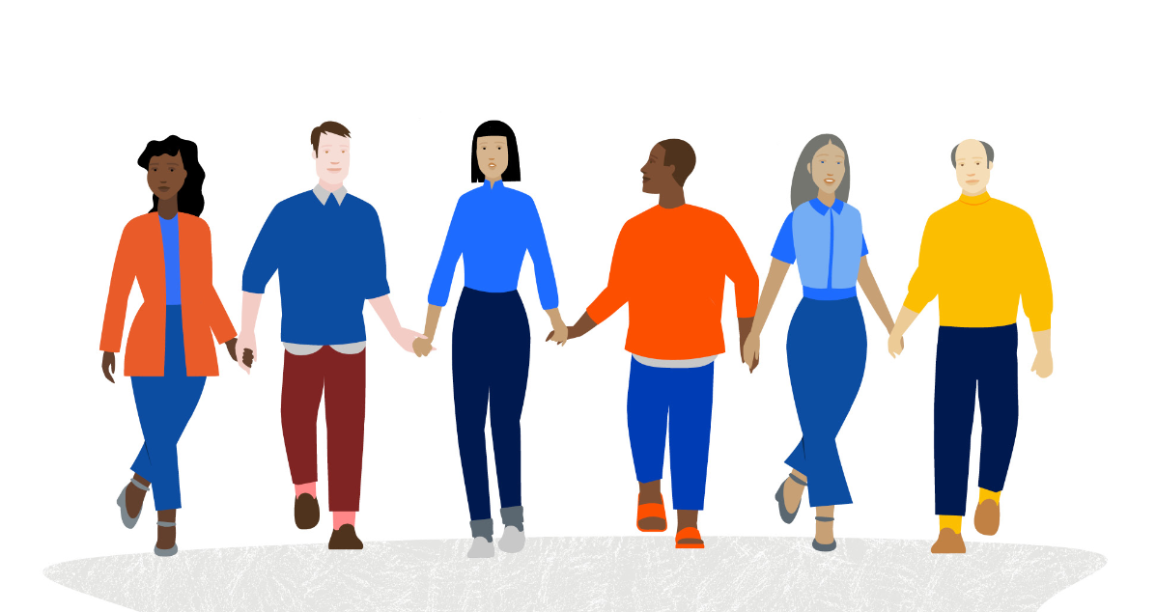Cyberviolence against women: what is it and how to prevent it?
Harassment and cyberviolence are issues that women experience often online. The European Parliament is looking into countering these forms of violence.
What is cyberviolence?
Violence can take many forms that are not limited to physically hurting someone. Psychological violence can be just as harmful. It can take the form of, for example, coercion, defamation, verbal insults or harassment and it can happen offline or online.
The increasing reach of the internet, the rapid spread of mobile communication technologies, and the use of social media, have led to the emergence of cyberviolence against women and girls as a growing global problem.
Cyber harassment may include receiving unwanted and/or offensive sexually explicit emails, text or video messages, as well as offensive and/or inappropriate advances on social networking sites.
Deep-fake technologies that impersonate a person's voice, face, body or action, are a particular concern. Women are the primary targets of deep fakes, particularly of the creation of naked images of individuals without their consent.
Such kinds of attacks might have severe long-term consequences for victims and can carry significant costs for societies as they could discourage women from being more active in public and political life.
A Eurobarometer survey from 2024 shows that most EU residents reject the idea that cyberviolence can be justified. About three quarters of the respondents say that if women share their opinion on social media, it doesn’t mean they should accept sexist, demeaning and/or abusive replies.
A survey for the EU Agency for Fundamental rights from 2014 showed that one in 10 women in the European Union had experienced cyber harassment since the age of 15.
Online violence against women in politics
Women continue to be under-represented in EU countries at all levels of political decision-making as well as in political parties. The origins of this situation are complex, but one reason is the offline and online violence against women active in politics that may make women think twice before entering the political arena.
Female politicians, journalists and human rights defenders in the EU face higher levels of public abuse in the online world than their male counterparts. Attacks and abuse against women politicians are rampant online because such acts occur anonymously, reach large audiences and aim to silence their target.
New EU legislation to prevent cyberviolence against women
In April 2024, Parliament adopted the first ever EU rules on combatting violence against women. The directive calls for stronger laws against cyberviolence, better assistance for victims, as well as steps to define better sexual consent.
The new rules outline particular guidelines for offences committed online, such as the disclosure of private information and sending obscene pictures to people. EU countries will have to adapt their national legislation to the requirements at the latest by June 2027.
The directive also makes violence against public representatives, journalists and human rights defenders an aggravating factor in an offence.
EU legislation on the protection of privacy also aims to curtail cyberviolence. For example, the new Digital Services Act imposes an obligation on large digital platforms in the EU to remove illegal content from their websites. This should help with removing intimate or manipulated images that are disseminated on the internet without the person's consent.
The Artificial Intelligence Act seeks to mitigate the risks related to deep-fake technologies. The rules require that artificial or manipulated images, audio or video content (deepfakes) should be clearly labelled as such.
Online safety as a topic of the Gender Equality Week 2024
The European Parliament wishes to highlight and seek solutions to the growing issue of online harassment and cyber violence. This is why the main topic of its Gender Equality Week in 2024 is Women in the digital world: safety and empowerment.
Events are organised by Parliament's committees, delegations, political groups and the administration. Find out more about the programme.
How the European Parliament promotes gender equality
The European Parliament defends women’s rights across the EU. Its efforts to ensure gender equality at work, in politics and other areas have led to landmark legislation. New legally-binding measures cover a vast variety of issues: helping ending unequal pay, eliminating gender-based discrimination, boosting women’s presence on corporate boards and combatting violence against women.

